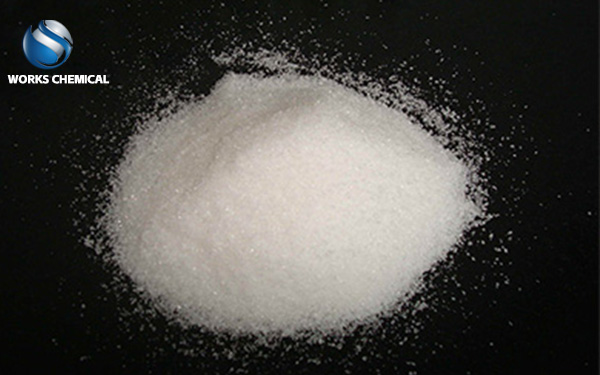
Compared with traditional dewatering agents, there are the following main differences:

Main components and mechanism of action
Sludge synergist:
The main components include inorganic compounds, sludge surface structure modifier, degreaser, wall breaking agent, sludge surface treatment agent, sludge stripping agent, etc.
By changing the surface structure of the sludge, the solid surface load and specific surface area of the sludge are reduced, and the bacterial structure is destroyed, so as to improve the dewatering performance of the sludge.
Traditional dehydrating agent:
Such as polyacrylamide, ferric chloride, lime.
Mainly through physical or chemical action, change the physical properties and chemical composition of sludge floc, destroy the colloidal structure of sludge, and reduce the affinity between sludge and water.
2. Dehydration effect
Sludge synergist:
Can reduce the moisture content of the sludge from more than 90% to 40%60%, or even lower to 35%55%, to achieve deep dehydration of the sludge.
Traditional dehydrating agent:
can also reduce the moisture content of the sludge to a certain extent, but usually cannot achieve the deep dehydration effect of the sludge synergist.
Three, the impact on the equipment
Sludge synergist:
No corrosion to the equipment, conducive to the protection of sludge dewatering equipment, such as plate and frame filter press.
Can reduce the frequency of mechanical equipment filter cloth replacement, saving business operating costs.
Traditional dehydrating agent:
Long-term use may cause corrosion to the sludge dewatering equipment and reduce the service life of the equipment.
It may cause blockage of the filter cloth and increase the maintenance cost of the equipment.
Four. Amount and cost of addition
Sludge synergist:
The addition amount is relatively small, can achieve significant dehydration effect.
Since dehydration is efficient and equipment friendly, it may be cheaper to use in the long run.
Traditional dehydrating agent:
The addition amount is relatively large, in order to achieve a certain dehydration effect.
Maintenance costs may be higher in the long run due to problems such as corrosion and clogging of equipment.
Scope of application and flexibility
Sludge synergist:
Wide range of application, suitable for municipal sewage treatment plants and various industrial and domestic sewage treatment facilities of sludge pre-concentration, sludge dehydration.
Strong adaptability to water quality, high acid and alkali tolerance, suitable for different properties of sludge treatment.
Traditional dehydrating agent:
The scope of application is relatively narrow and may need to be selected and adjusted according to the nature and composition of the sludge.
In summary, sludge synergists are superior to traditional dewatering agents in terms of main composition and mechanism of action, dehydration effect, influence on equipment, addition amount and cost, application scope and flexibility. Therefore, in the field of sludge treatment, sludge synergists have wider application prospects and higher cost performance.